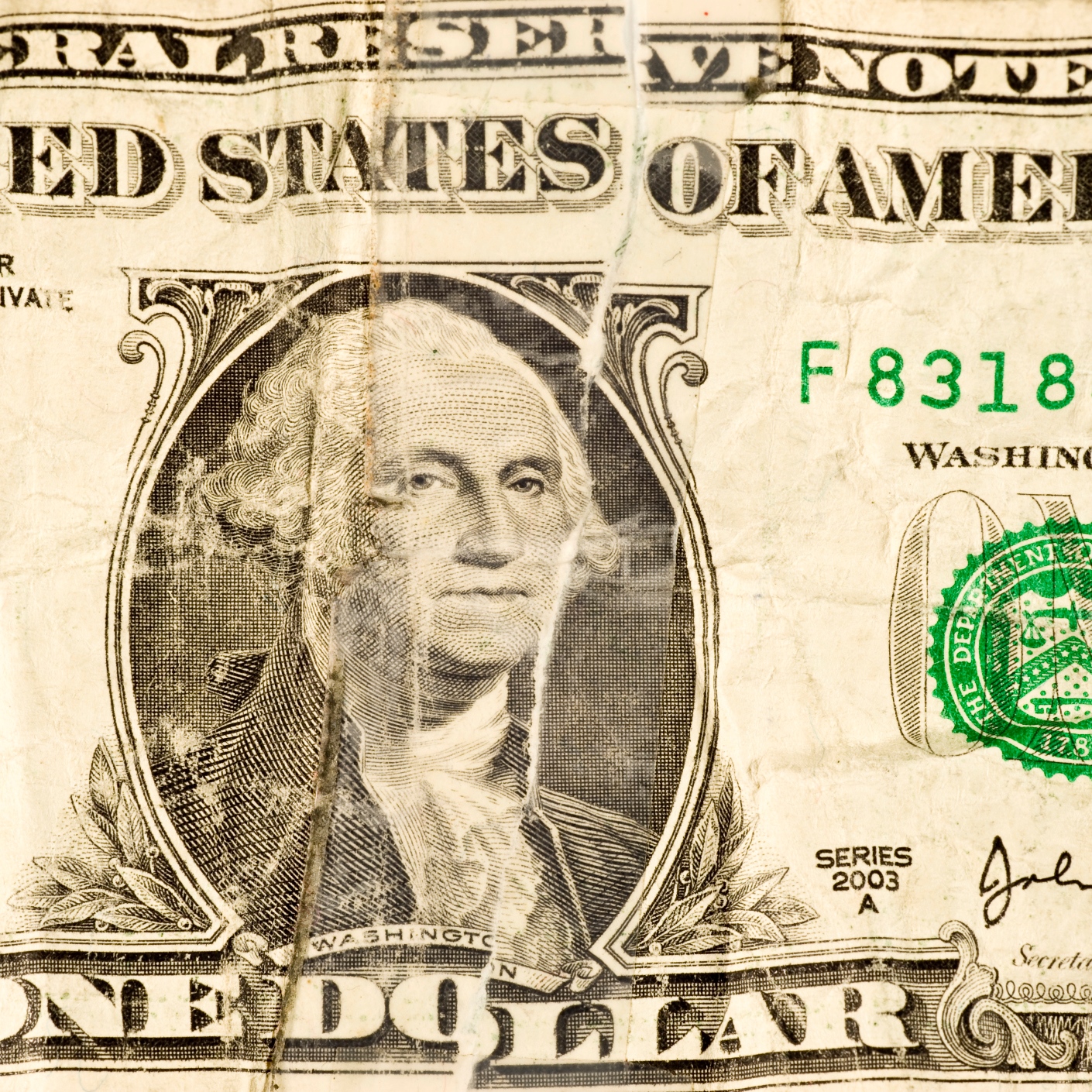Consumer Electronics
Did GameStop Sales Show Too Much Holiday Discounting?

Published:
Last Updated:

On a day when stocks are trying to bounce from such a monumental sell-off, you might assume that GameStop Corp. (NYSE: GME) would be marching higher. After all, this is the top independent video game retailer around. Unfortunately, GameStop said that its holiday season sale rose by just 1.8%. Where this gets complicated is that GameStop’s same-store sales rose 4.4%.
It may sound like good news that GameStop had sales growth. Still, the driver of the sales appears to have been new video game consoles and from the more collectible items (collectibles revenues grew more than 300%). Another issue is that GameStop shares have been down more than 10% in the trailing 12 months, but this is far worse when you consider that GameStop shares are down over 40% from their 52-week high.
The video game retailer did narrow earnings guidance for the crucial holiday sales quarter. GameStop’s nine-week holiday period had a January 2, 2016 end date. Total sales were $2.99 billion, and foreign exchange has lowered revenue by some $119.5 million. Without the currency impact, GameStop said that its sales would have up 5.9%, measured in constant currency calculations. Thomson Reuters projected sales of $3.56 billion.
GameStop sees fourth-quarter earnings per share coming in at $2.19 to $2.25. Its prior target had been $2.12 to $2.32 per share. Thomson Reuters was at $2.23 per share for the fourth quarter. It also sees same-store sales up 2.5% to 4%, versus a prior range of 1% to 6%.
GameStop’s full-year earnings were narrowed to $3.69 to $3.75 per share from a prior target of $3.66 to $3.86. Thomson Reuters had the consensus estimate at $3.72 per share.
All those hardware promotions of the PlayStation 4 from Sony Corp. (NYSE: SNE) and the Microsoft Corp. (NASDAQ: MSFT) Xbox One were shown to be up by some 4.5%.
Total comparable store sales for this holiday-driven quarter were up 4.4%, with growth rates of 4.9% in the United States and 3.2% from its international operations. GameStop’s global multichannel sales grew by some 47.4%. Those multchannel sales were driven by ThinkGeek.com sales and gains in the Ship-from-store, Pickup-in-store and Web-in-store initiatives.
GameStop did note that it had repurchased 1.22 million shares of common stock at an average price of $32.90, or $40.1 million worth of stock, during the holiday period. The company now has roughly $255.0 million remaining of its current share repurchase authorization.
The news just doesn’t seem to be any sort of win. Shares hit a 52-week low of $26.41 shortly after the open, and were last seen down 7.6% at $27.14. Its 52-week high is $47.83, and its consensus analyst target prior to this news was about $40.00.
Despite it trading at a mere seven times earnings, the investor community just does not want to pay up for earnings here. That endless risk of the sales going direct from publishers via digital just keeps acting as an overhang. Sometimes value stocks end up being value traps, or so Wall Street thinks.
Retirement planning doesn’t have to feel overwhelming. The key is finding expert guidance—and SmartAsset’s simple quiz makes it easier than ever for you to connect with a vetted financial advisor.
Here’s how it works:
Why wait? Start building the retirement you’ve always dreamed of. Click here to get started today!
Thank you for reading! Have some feedback for us?
Contact the 24/7 Wall St. editorial team.